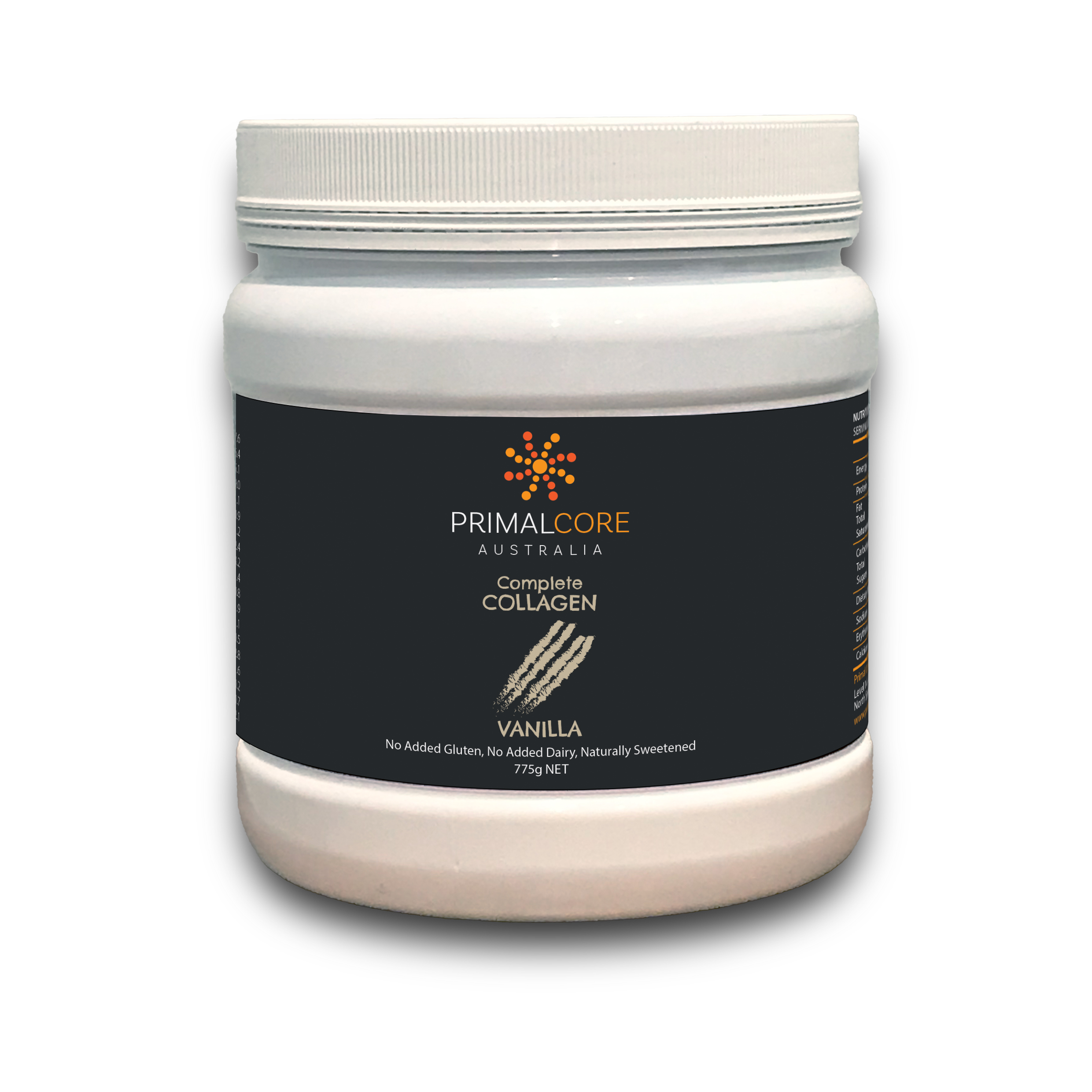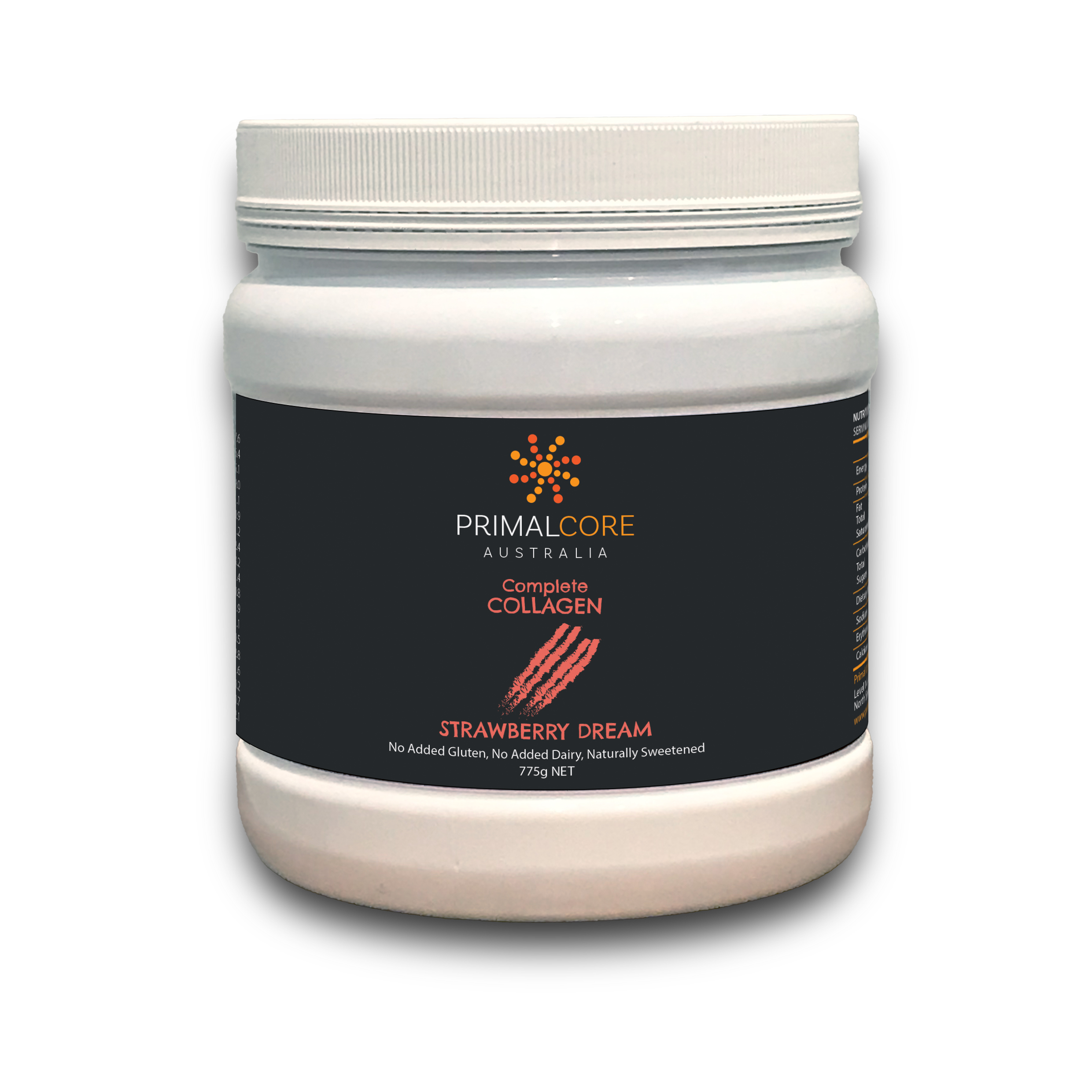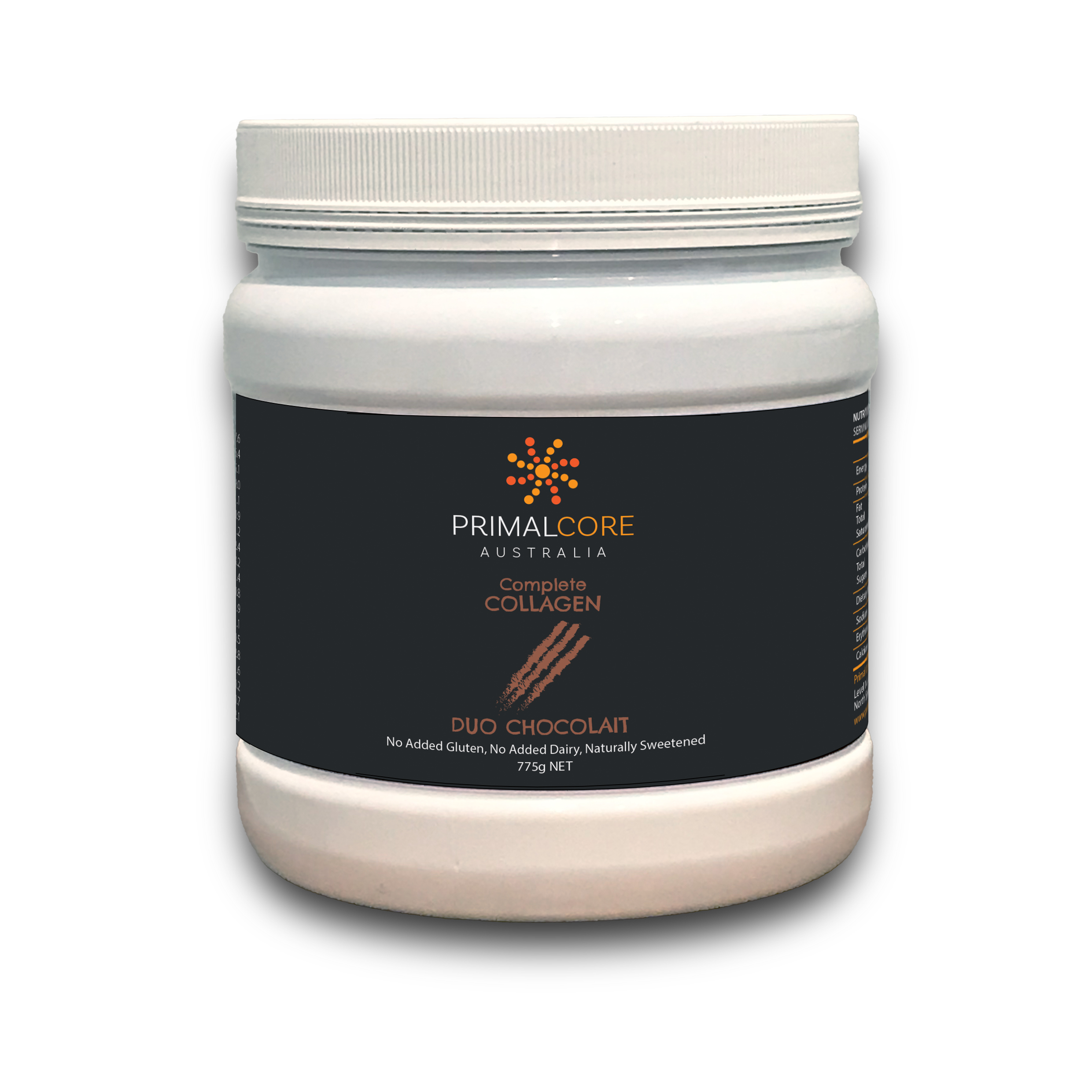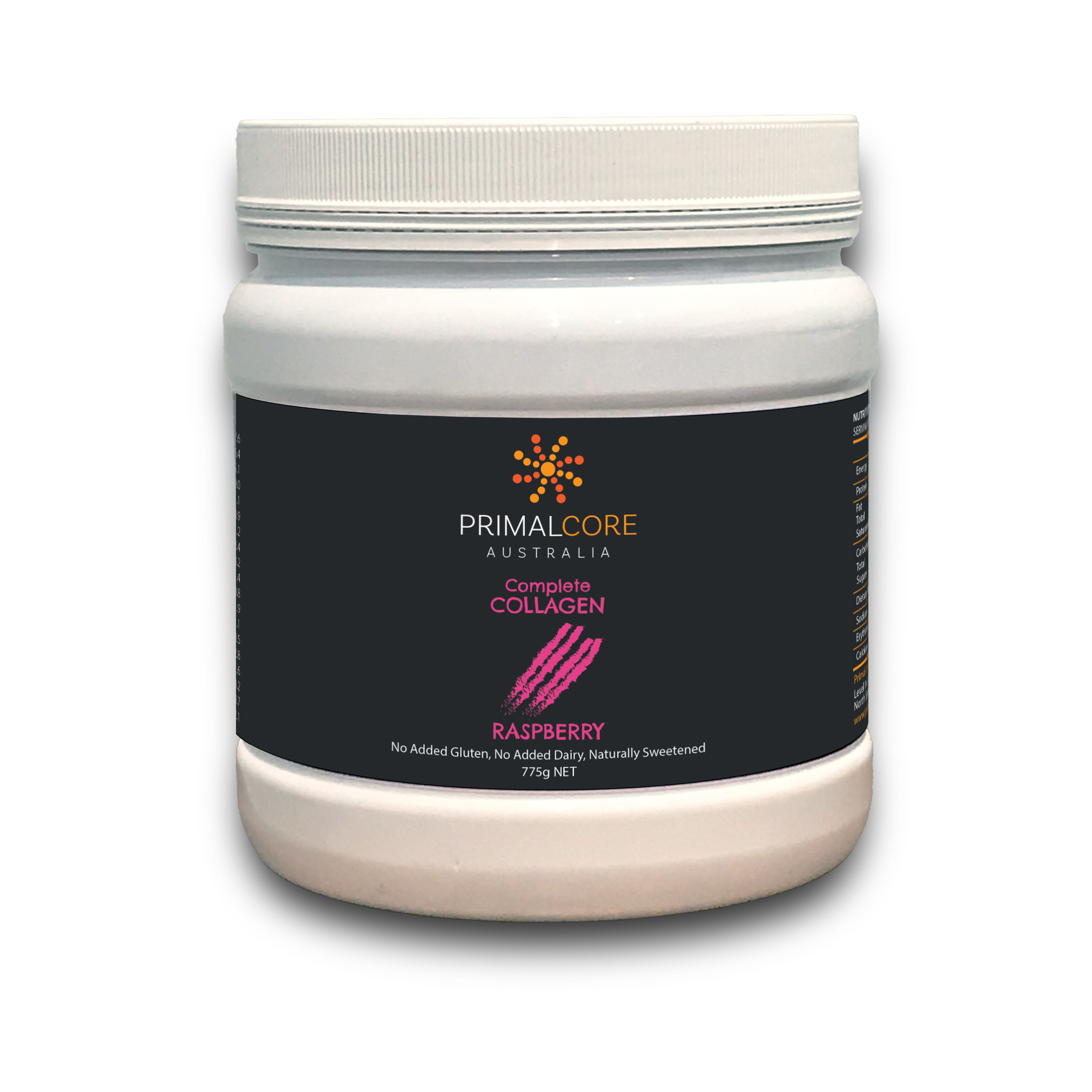Understanding & Improving Your Health
Fibromyalgia – What you need to know and what you can do to assist you on your Journey!
Fibromyalgia the silent epidemic affecting 1 million Australians.
What is it?
Fibromyalgia is a long-term, or chronic, condition that can be hard to understand, even for healthcare professionals. Its symptoms, such as musculoskeletal pain, tenderness, fatigue, and sleep and cognitive disturbances, mimic those of other conditions. There are no tests to definitively confirm a diagnosis of fibromyalgia, so the condition is often misdiagnosed.
In the past, fibromyalgia was questioned by some healthcare professionals as to whether it was real. Nowadays, however, fibromyalgia is more widely recognized as a legitimate condition. While there is no cure for fibromyalgia, treatments are available that can help lessen its symptoms. If you think you may have fibromyalgia, talk to your healthcare professional about getting a proper diagnosis and finding a treatment plan that works for you.
Fibromyalgia is a condition that affects the musculoskeletal system, causing pain and fatigue. Around 1 million Australians have been diagnosed with fibromyalgia, and most cases are diagnosed in middle-aged females. While some of the stigmas that previously surrounded fibromyalgia have eased, it can still be challenging to treat. Medications, therapy, and lifestyle changes can help you manage your symptoms and improve your quality of life. If you think you may have fibromyalgia, talk to your doctor about treatment options. With the right management plan, you can live a full and active life despite your fibromyalgia diagnosis.
The Symptoms
Fibromyalgia is a condition that is characterized by chronic pain. The pain associated with fibromyalgia can be mild to severe, and it can vary in intensity. The pain is typically described as a constant, dull ache. However, fibromyalgia pain can also be described as sharp or stabby. The pain is often worse in the morning, and it can get worse with activity. fibromyalgia pain can also be affected by weather changes. The pain is typically widespread, meaning it affects multiple areas of the body. Fibromyalgia can also cause fatigue, sleep problems, memory problems, and mood issues. Fibromyalgia is a complex condition, and the exact cause is unknown. However, there are several factors that may play a role in its development, including genetics, infections, and psychological stress.
Other symptoms include but not limited to:
- Insomnia
- Fatigue
- Weakness
- Fibro Fog memory and concentration problems
- Anxiety
- Depression
- Anhedonia
- Paresthesia
- Unrefreshed sleep
- IBS
- Headaches
- Bone and muscle pain
It is still unknown what causes fibromyalgia. A lot of people think that it could be caused by genetic and environmental factors, such as exposure to a virus or illness in our early years; however, there are other possible explanations too! For example, when you experience physical stress – like exercise for example- this can trigger symptoms which make us feel worse until they subside completely…
Whilst more research needs to be done these are some of the possible causes in the development of Fibromyalgia.
- Traumatic life event
- A recent illness or an infection
- An autoimmune disorder such as Lupus, Rheumatoid Arthritis, Hashimoto’s and more recently Hyperparathyroidism.
- Genetic predisposition
- Psychological disorder
- An injury or physical trauma to the body
- Substance abuse
The factors that can trigger a flare include:
Weather changes, including humidity and temperature; this might be linked to hormonal fluctuations in some people who have fibromyalgia. Overexertion also seems like an obvious thing but sometimes we push ourselves too hard after working all day long at our job or even just going out for groceries without taking enough time off between tasks. Mental stress has been shown as something which leads many individuals with Fibromyalgia into increasingly worse moods and lower quality of life.
How to Diagnose Fibromyalgia:
A fibromyalgia diagnosis that can only be confirmed by ruling out other causes. In order to do this, doctors will use blood tests and imaging in addition with physical assessments of your medical history as well as descriptions on how you experience symptoms such as pain or tenderness when touched.
While there is no cure for fibromyalgia, you can effectively manage your symptoms with a pain management program.
The more you know about your condition (for example, what triggers flares), the better able to manage it. Understanding fibromyalgia means making informed decisions regarding healthcare and playing an active role in managing symptoms of this illness through exercise or other therapies will allow you to thrive despite of this condition.
The below are considerations to discuss at your next medical appointment or other health practitioner.
- Exercise although may seem counterintuitive initially can actually help you. There are many benefits to regular exercise, one being that it can improve symptoms of fibromyalgia such as pain and fatigue. Finding something sustainable for the long term is important. We highly recommend speaking to Personal Trainer/ Exercise Physiologist who has a special interest in helping those with chronic disease management.
- Alternative therapy modalities that are available to help manage pain may not just be physical. You could consider massage, acupuncture or CBT if you’re struggling with chronic discomfort and want an extra edge over your symptoms without relying on pharmaceuticals majority of the time
- Over the Counter pain relief such as Panadol or Ibuprofen can help relieve mild pain and reduce discomfort so you can go on about your day and sleep better as well. We recommend speaking to your health practitioner in regards to anti-inflammatories (nonsteroidal anti-inflammatory medicines otherwise known as NSAIDS) which can be beneficial but do have side effects are only to be used for a few days at a time.
- Other medications such as anti-seizure medication or off label antidepressants such as Endep have been used to manage the symptoms of Fibromyalgia.
- Nutritional foods and supplementation
With so many people struggling with the constant pain that is Fibromyalgia, it’s no wonder diet and supplements play a pivotal role. Our in-house Nutritionists recommend these tips for thriving despite the diagnosis of Fibromyalgia.
- A whole food- based diet such as lean meats, fruits vegetables & starches such as potatoes, sweet potatoes, millet and grains such brown rice.
- eliminating dairy products which may play some role during flare ups but should not be all around due to its inflammatory properties – Choose vegan cheeses or creams sparingly instead if needed at all!
- Healthy fats such as avocado, coconut oil and olive oil
- Reduce or eliminate alcohol
- Eliminate refined sugars
- Reducing inflammatory foods and including more anti-inflammatory spices such as our Warming Chai or Golden Mylk Superfood latte’s
- Enjoy honey, maple syrup, coconut syrup sparingly
- Stay hydrated with 2L of water a day (we recommend adding a scoop of our Synergy Collagen + Electrolytes) giving you a dual benefit for hydration and repair. Please head to our shop to learn more.
- Taking a premium quality multivitamin to fill any gaps in the diet.
- Adding a daily Collagen supplement has been scientifically shown to reduce Fibromyalgia symptoms.
A 90 day study showed daily collagen supplements reduced pain significantly in participants with Fibromyalgia.
https://pubmed.ncbi.nlm.nih.gov/11202824/
If you’re looking for a way to improve your well-being and decrease pain, look no further than our Premium Collagen Supplements. You’ll feel the difference with less aches & pains while experiencing more gains!
Look for a Collagen that has a high amount Per Serve with
- No Thickeners
- No Fillers
- No Artificial Colours, Flavours or Sweeteners
- No Xanthan Gum which can cause digestive distress
- No Inulin which can wreak havoc on those with gut issues
- Fodmap Friendly
Reach out if you have any questions and one of our friendly nutritionists can help you today!





